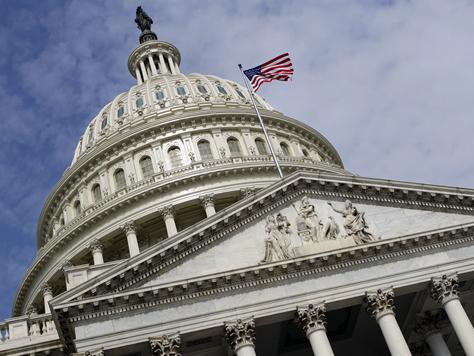
Clark Bill to Strengthen Career and Technical Education Passes in U.S. House
Washington, DC – The Strengthening Career and Technical Education for the 21st Century Act passed unanimously in the U.S. House. The bipartisan legislation was introduced by Congresswoman Katherine Clark, Congressman Glenn “GT” Thompson, Congressman Raja Krishnamoorthi, Congressman James Langevin, Congressman Richard Nolan, Congressman Drew Ferguson, Congressman Bradley Byrne, and Congressman Lloyd Smucker to reauthorize and reform federal career and technical education (CTE) programs that support over 11 million American students annually. CTE programs help students pursue careers in fields as diverse as advanced manufacturing, carpentry, child care, computer science, automotive technology, culinary arts, and more. The bill reauthorizes the Carl D. Perkins Career and Technical Education Act to provide federal support to state career and technical education programs that provide students the knowledge, skills, and experience necessary to succeed in the today’s competitive marketplace.
“America’s students are eager to advance in good paying, high skill, technical careers,” said Clark. “The Strengthening Career and Technical Education for the 21st Century Act helps students and workers acquire the skills they need to get hired and develop their careers. It’s passage is a victory for millions of hardworking families who deserve a path to success.”
BACKGROUND: Since 1984, the Carl D. Perkins Career and Technical Education Act has provided federal support to state and local career and technical education (CTE) programs. These programs offer students the opportunity to gain the knowledge, skills, and experience necessary to compete for jobs in a broad range of fields, such as health care and technology. However, because federal law has not been updated in more than a decade, it no longer reflects the realities and challenges facing students and workers.
Building on recent reforms to K-12 education and the workforce development system, the Strengthening Career and Technical Education for the 21st Century Act will:
- Improve alignment with in-demand jobs by supporting innovative learning opportunities, building better community partnerships, and encouraging stronger engagement with employers.
- Enhance career and technical education through increased focus on employability skills, work-based learning opportunities, and meaningful credentialing so students are prepared to enter the workforce poised for success.
- Streamline performance measures to ensure career and technical education programs deliver results for students and taxpayers.
- Ensure career and technical education prepares all students, including historically disadvantaged and vulnerable students, for success in high-skill, high-wage occupations and careers in nontraditional fields.
- Reduce administrative burdens and simplify the process for states to apply for federal resources.
- Reward success and innovation by directing federal resources to replicate promising practices that best serve students and employers.
- Provide parents, students, and stakeholders a voice in setting performance goals and evaluating the effectiveness of local programs.
- Empower state and local leaders to develop plans that improve the quality of career and technical education and take into account unique local and state needs.
- Deliver states more flexibility to use federal resources in response to changing education and economic needs.
Full text of H.R. 2353 can be found here.
###